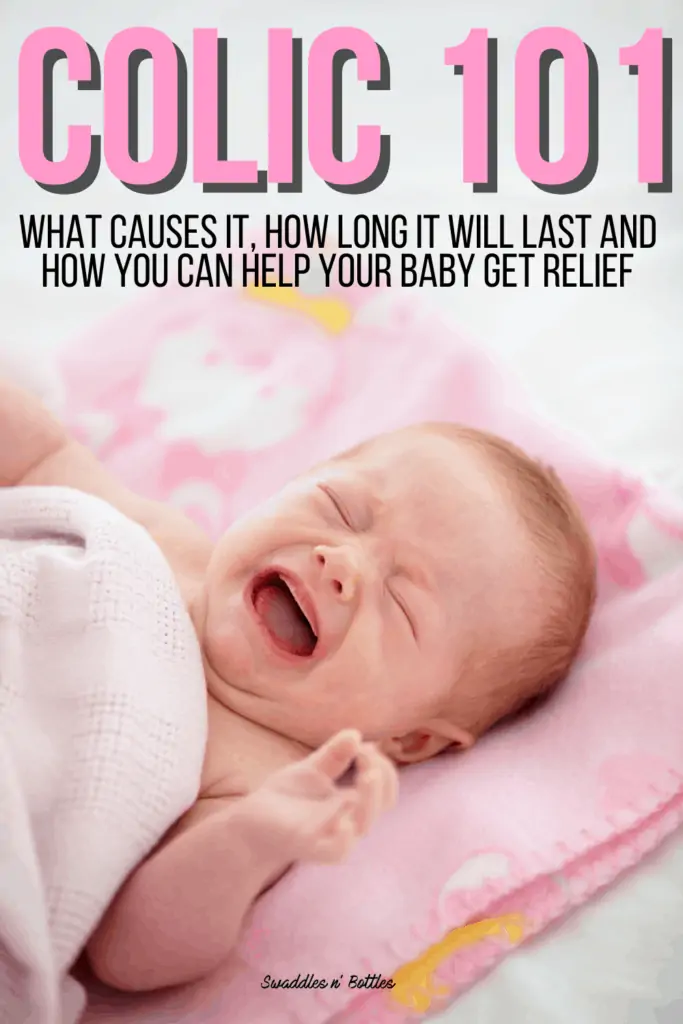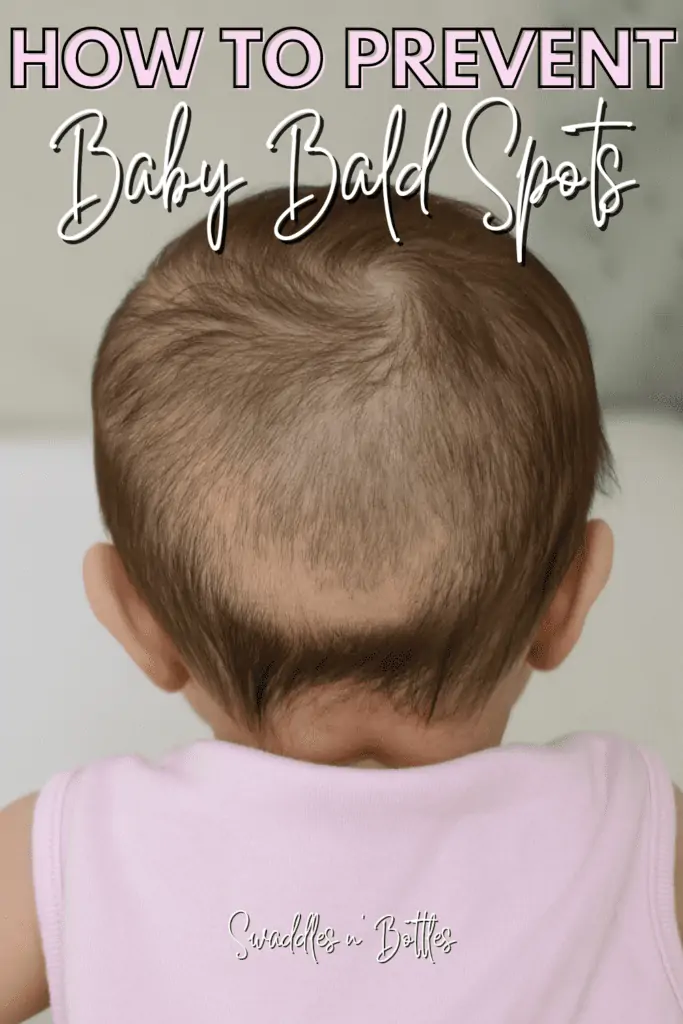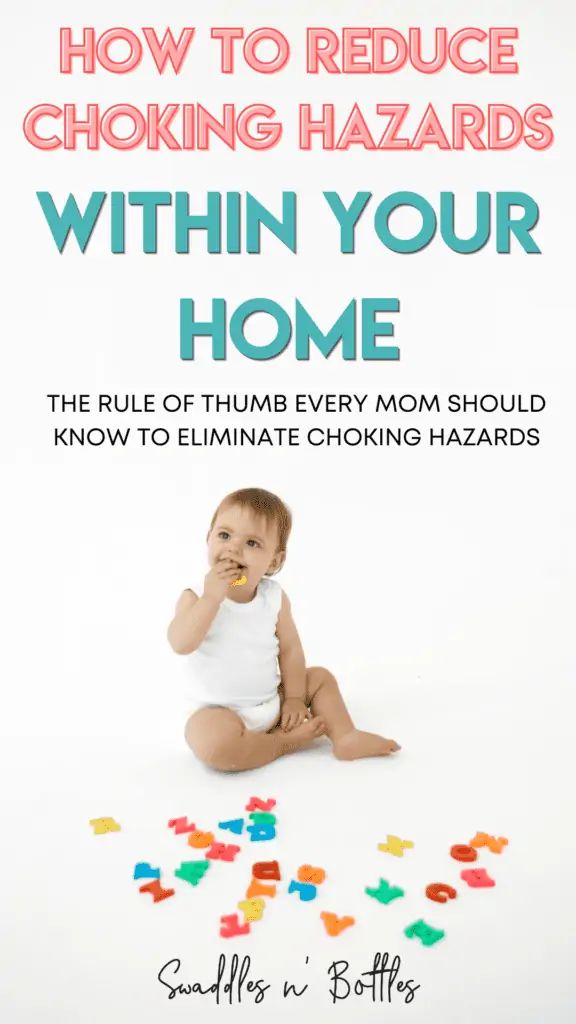
Baby Colic 101: What is it? What causes it? Remedies?
According to NCBI, colic is a condition characterized by excessive fussing or crying in a baby. Colic is often worrying and frustrating for parents than babies. A baby with this condition usually cries for more than three hours a day and 2-3 times a week.
Research shows that every 1 in 20 babies has excessive crying at some point during early infancy. Although it is daunting for many parents to cope with excessive crying, bear in mind that it is a harmless condition until the pediatrician rules out a disorder or illness.
Colic is a collection of various symptoms and not a disease. It usually starts within 2-4 weeks after birth and peaks at about six weeks. Colic reduces when the baby reaches the age of three or four months. However, some studies show that it can persist for six months.
The main symptom of baby colic is excessive crying for hours at a time. It can occur anytime but is worse in the afternoon or early evening. A baby with colic cries loudly, has a red face, pulls the legs up as if he or she has stomach pain.
Besides, a baby with colic eats well and gains weight normally. However, he or she seems extra sensitive and difficult to comfort or distract. In today’s article, we will talk about the causes of baby colic and what you, as parents, can do to cope with it.

Causes of Baby Colic
Research studies have not found the exact causes of baby colic. However, health professionals say that it is often due to muscle spasms in the growing digestive system, abdominal crankiness and pain caused by hormones, sensitivity to noise and light, and a developing nervous system.
Other causes include infancy migraine, fear, anxiety, frustration, and excitement. There are various health conditions with similar symptoms to colic. If you think your infant is crying excessively due to a health condition, make sure you take him to the pediatrician to know the cause and seek coping remedies.
Many babies cry for a long time during the day due to an infection, abdominal issues, acid reflux, malnutrition or overeating, sensitivity to breast milk or formula, and inflammation. Besides, baby colic may also be due to pressure on the brain and spinal cord, eye pressure or pain, uneven heartbeat, or internal injuries to muscles and bones.

Colic Remedies
Research studies have not highlighted the exact cause of colic, meaning there is no specialized treatment for this condition. Although colic is frustrating for many parents, it usually goes away when your child is four months old.
For centuries, parents have tried various methods to calm a baby with colic. Once your pediatrician has ruled out any underlying cause (illnesses) for excessive crying, you can use the following techniques to calm your colicky baby.
Keep your baby close
A mother who carries her baby more has reduced colic episodes. Research shows that skin-to-skin contact is the best way to calm a colicky baby. Likewise, keeping your infant in a safe child carrier for a few hours a day can also cut excessive crying. The reason is that it provides contact sound, motion, and temperature, which comforts your baby.
Another option is the “colic carry”, as shown below. Holding baby in this position has shown to calm a baby who is experiencing colic symptoms.

Use a Pacifier
Using a pacifier is another way to stop baby colic. A smart mother uses a pacifier even if the infant has eaten. Bear in mind a pacifier may not work for your baby. Some babies spit it right out, but others will calm down when they have a pacifier in their mouth. Therefore, you should try this easy remedy and see if this works for your infant.
Try Baby Massage
Giving your baby a gentle massage in a quiet environment can calm him or her down. For instance, when your switch off a whirring fan, shutdown a vacuum cleaner, and maintains a calm environment, start the massage to soothe your fussy baby.

Swaddle Your Baby
It is a traditional method to calm your baby and reduce the intensity of excessive crying. Swaddle your infant snugly in a soft blanket can promote relaxation. The technique works quite well in the winter season. However, some moms also use it in the summer using a thin piece of cloth. Make sure you are aware of the increasing temperature in the summer before swaddling your baby.
Final Words
Although colic is worrying for many parents, it is harmless and does not pose any danger to your infant. If you think your baby does not calm with the methods mentioned above, you should consult your pediatrician immediately.























